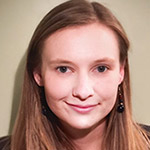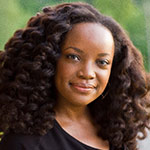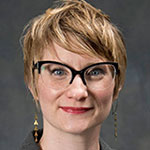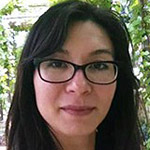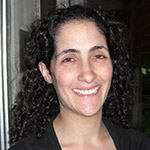The goals of the Debra Mesch Doctoral Fellowship for Research on Women’s Philanthropy are to increase research and understanding of gender and philanthropy; to contribute to building the field of study about gender and philanthropy; and to encourage emerging scholars. The fellowship supports a scholar whose primary research focus is in the area of women’s philanthropy or gender differences in philanthropic behavior and giving.
See the list of fellowship recipients below.




